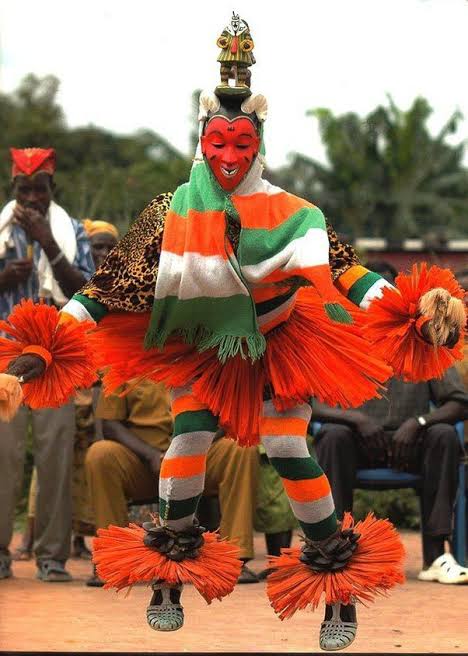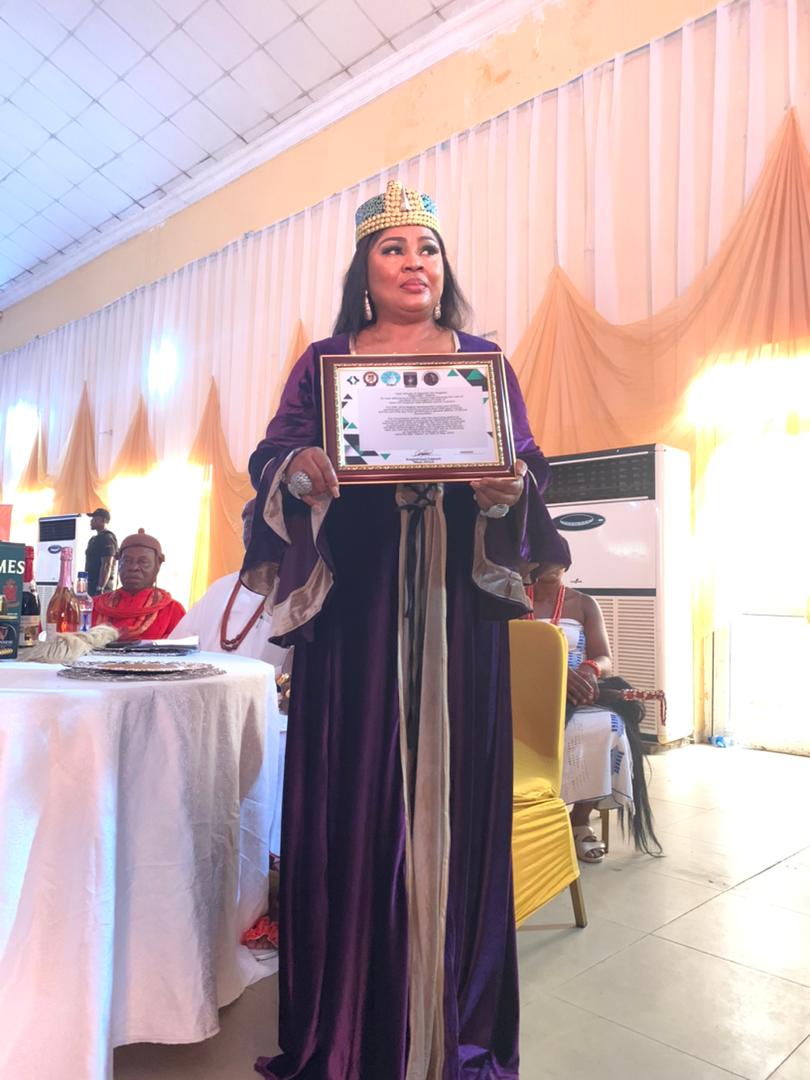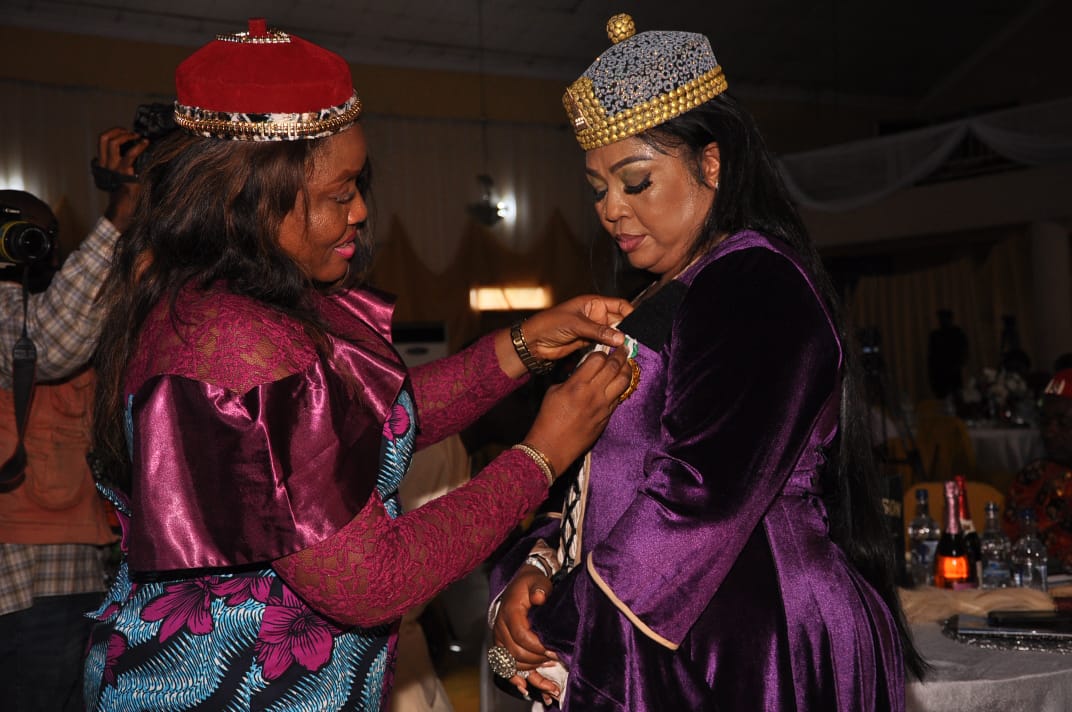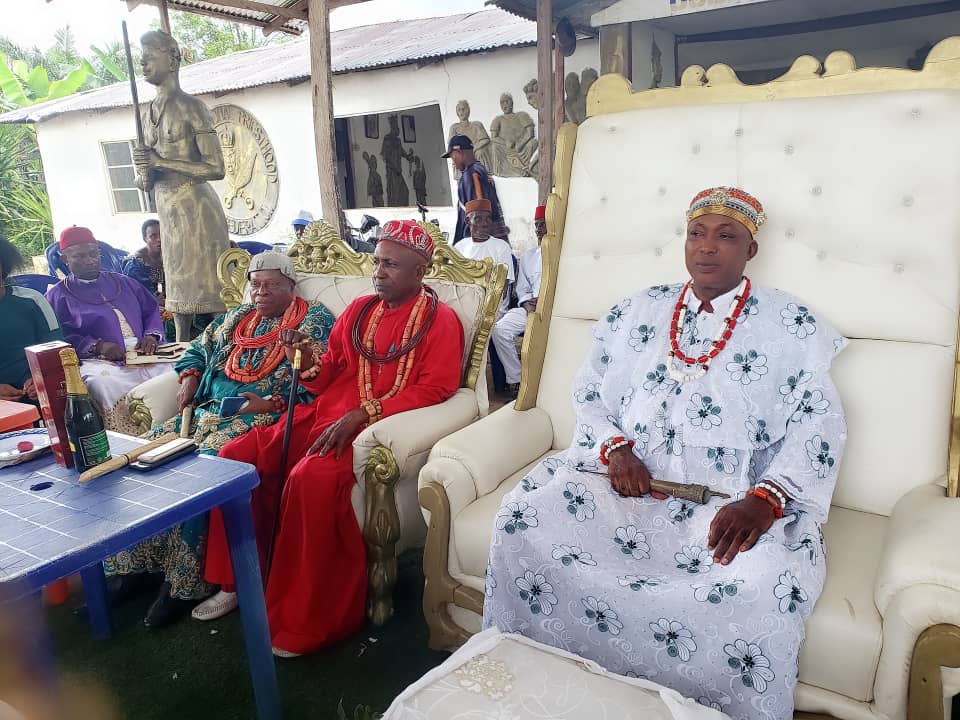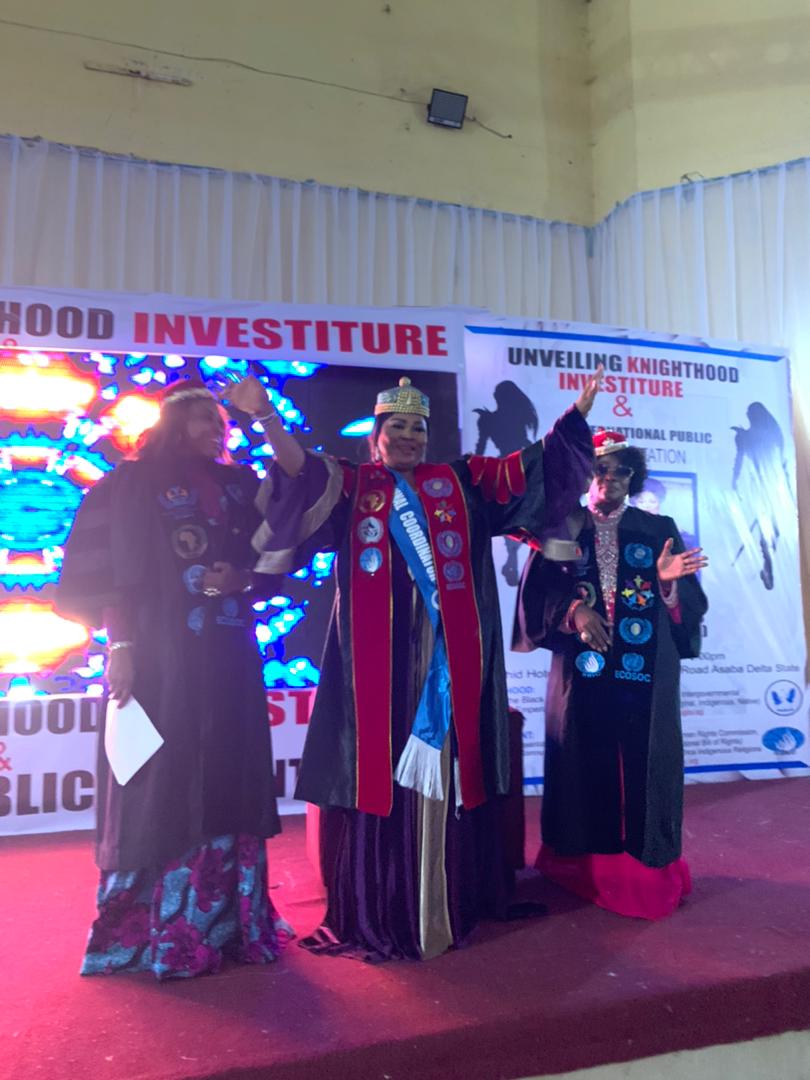Indigenous Peoples’ Initiatives for Cultural Integration
Africa IHRC RFT conducts activities to showcase Indigenous Peoples Populations/Communities. Mindful of this, H.E Amb. Dr. Tivlumun Innocent Ahure, the Director General/Ambassador, IHRC Africa Region introduced initiatives for the protection of Indigenous peoples, populations and communities to achieve justice and stop all discrimination on Indigenous perspectives. Implementation of the initiatives forms the basic responsibilities of the IHRC initiatives on Indigenous Peoples Populations/Communities. IHRC in Africa explores five major subject areas: Cultures and Language; Politics, Policy and Law; Environment and Development; Health and Wellbeing; and, Cultural Arts for the assessment and deliberations involved in Indigenous Peoples Populations/Communities. The office of the Director General has been applying social science theories and Indigenous knowledge frameworks to analyse the relationship of Indigenous peoples and their environments on lands and seas and territories. Several other perspectives are deployed by the IHRC RFT regarding any communication submitted by the indigenous Communities on their rights as indigenous peoples in Africa.

Commendable work touching on several crucial issues regarding the development of indigenous peoples’ human rights in Africa have been ascribed to the IHRC’s work on Indigenous Peoples. The activities and reports produced by the IHRC echoes the work of the AU own Working Group of Experts on Indigenous Populations/Communities (Working Group) which was established in 2001 with the mandate to focus specifically on the promotion and protection of the rights of indigenous peoples in Africa. The mandate of the Working Group is to examine the concept of indigenous communities in Africa, as well as to analyze their rights under the African Charter on Human and Peoples’ Rights (African Charter).


In 2003 the AU Commission adopted the report of the Working Group which proposes several avenues for the recognition and promotion of indigenous rights in Africa. The adoption of an Advisory Opinion by the Commission to support the adoption of UNDRIP marked another step toward the affirmation of indigenous peoples’ rights in Africa.
The Advisory Opinion not only participated in unlocking the reluctance of the group of African States to adopt the UNDRIP, but also reflected developments taking place at the international level on the rights of indigenous peoples as well as their connection to the continent. Remarkably, in recent years, the Commission has started to refer to indigenous peoples’ rights in its examination of States’ periodic reports.
The IHRC has experts who are seasoned on elements such as identity, equity, representation and resilience of indigenous people. A critical component of the African IHRC’s report has been to fully emphasize knowledge as presented by both Indigenous and non-Indigenous academics and cultural practitioners. They are therefore able to describe and critique the historical developments of perspectives of Indigenous peoples and populations in Africa. Make Comparisons and describe differing forms of Indigenous development initiatives; they further are excellent in explaining issues related to Indigenous peoples and populations; including concisely identifying and comparing differing policy approaches to Indigenous peoples’ development.


On annual basis the activities on the celebrations of the Black History month is conducted by IHRC RFT Africa Region HQ. Even though it is regarded as African American history event, the origins of the black colour is the African Continent, which is why the event should vigorously get prominent staging in Africa. The nation States in Africa have to understand where we are today and how we can move to a more equitable and inclusive tomorrow. This is a valuable lesson that starts with reflections of the past and the IHRC African Director General has raised the request for ratification of the proposal for organizing the Black History month annually. The activities will be properly selected for rehearsing the anti-Black challenges and all forms of racism and call for the world to value everyone’s rights, dignity and labour. Black History Month is a time for Africans South of the Sahara to come together as a community to honour the contributions, achievements, and lived experiences of Black People.
The IHRC RFT Africa pursues activities advocating for varying religious convictions to never be the cause for wars and toxicity in communities and have an Indigenous Religions Committee with a mandate to discourage hate based on religious differences. The underpinning idea to promote multifaith initiatives by the organization based on the mandate given to the IHRC Africa Indigenous Religions Committee will be expressed by establishing the Indigenous Order of Black Knights of Rasta Fari Emperor Haile Selassie with the purpose to create and foster a feeling of fraternity and fellowship amongst the various renowned promoters of interfaith peace and to promote a more generous and filial respect for the spiritual authority of the known religions in the world.
Based on this mandate the IHRC RFT Africa Region periodically hold investiture events for the Indigenous Order of Black Africa Knights of Rasta Fari Emperor Haile Selassie for bestowing tokens of respect for well-deserving citizens, to reward their services to the world in the fight for peace and reconciliation amongst religions and to recognize merit in the field of unity of the religions. The investiture of the Indigenous Order will be based on a constitution or statutes for the organization with a description of the origin of the order, it’s privileges and the degrees of it’s members as well as the reason for conferring the Order and its form of decorations. The term “order” is limited to the insignia which the members are entitled to wear.
A third arm of the IHRC’s Indigenous Initiatives is the IHRC RFT Africa Region Committee on Peoples of African Descent as an arm for issues of Africa Representation on Diaspora matters with concern on the African descent. It would be noteworthy to state that the IHRC Africa Region HQ has entrusted to this office a remarkable mandate to organize round table discussion conferences on the effects of foreign debts and other related international financial obligations of States on the full enjoyment of all human rights. Financial experts from African countries are therefore engaged to discuss issues on the subject. Unarguable, past international debt relief initiatives have not been able to contribute in a sustainable way to improved human rights outcomes in heavily indebted African countries, as debt relief, while important, can not be said to have covered the national development.
The IHRC sub-committee on Peoples of African Descent therefore stages round table conferences to fully uncover the real factors responsible for the new global wave of austerity and debt vulnerabilities in many African countries that challenges progress on human rights. The aim is to really help to fashion more policies to prevent and solve such crises. The central focus of the IHRC round table is to recommend after a review of current frameworks for debt sustainability analysis, more comprehensive debt sustainability plans, incorporating human rights and the social and environmental dimensions of sustainability. African countries have to devise more robust and human rights-based framework for sovereign debt servicing is to achieve the Sustainable Development Goals.
The experts must exhaustively dissect contentious matters which shall include, establishing a reporting mechanism on debt restructurings; ensuring that the monitoring mechanisms track progress on the Sustainable Development Goals, including government spending on the Goals and sectors relevant for the progressive realization of rights; and incorporating human rights obligations into frameworks for carrying out debt sustainability analysis

Despite repeated rescheduling of debt, African countries continue to pay out more each year than the amount they receive in official development assistance. The increasing debt burden faced by these indebted countries is unsustainable. It presents one of the greatest obstacles to developing sustainably and eradicating poverty.
Consequently, excessive debt servicing by the nations has severely limited their ability to promote social development and provide basic services to create the conditions for the realisation of economic, social and cultural rights.
This IHRC round table conferences under the IHRC Africa Region HQ will bring to the authorities knowledge of why foreign debt is a human rights issue because the problem of the debt burden, in particular of the African countries, the social impact of the measures arising from foreign debt and the impact of illicit financial flows are issues that impinge on the enjoyment of human rights.
